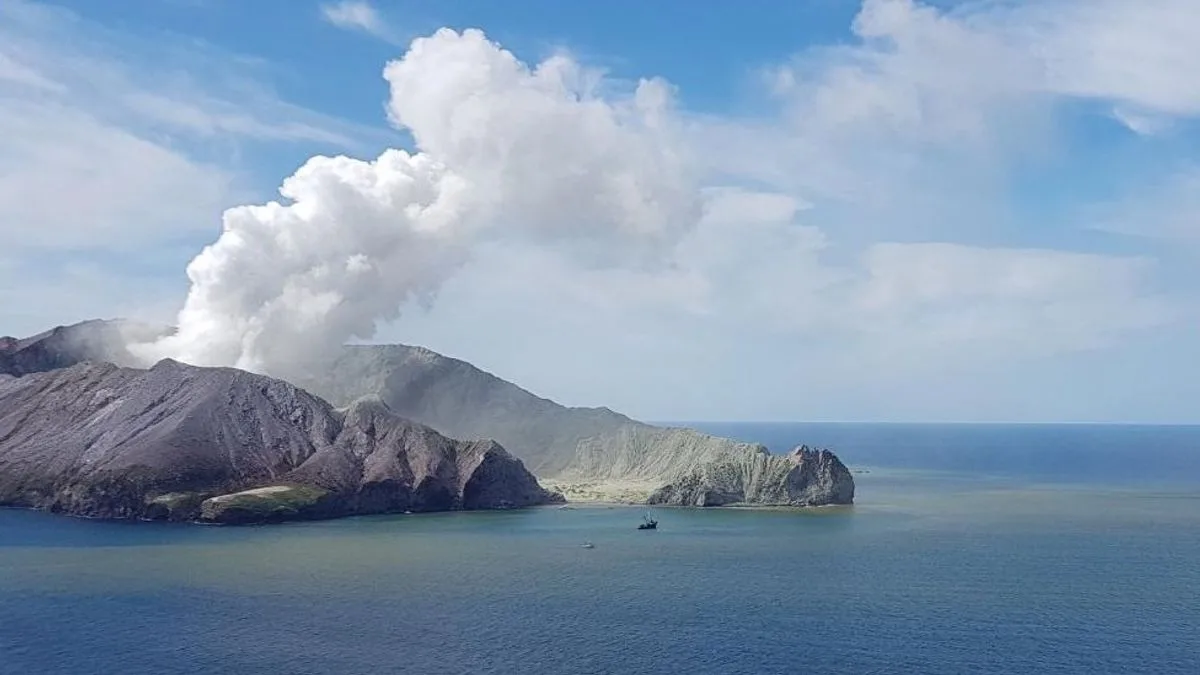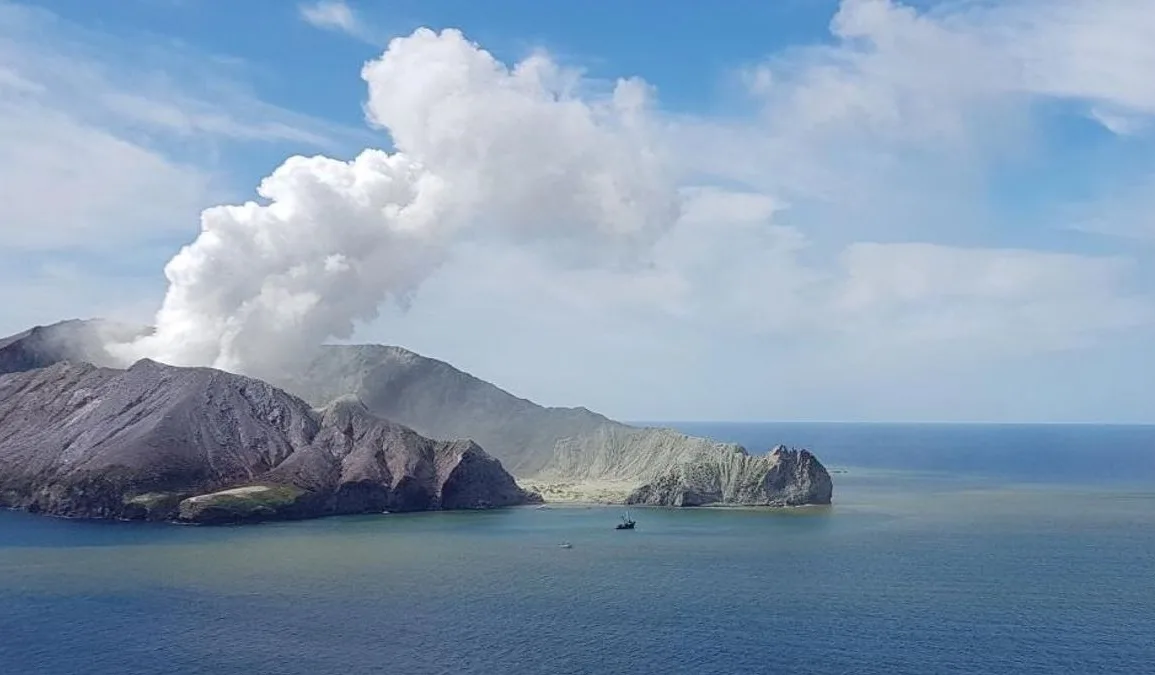
In a landmark ruling that resonated through the heart of New Zealand, a Wellington court has ordered a combined payment of nearly $13 million (US$7.8 million) in fines and reparations by entities connected to the tragic 2019 eruption on White Island. This eruption claimed 22 lives and left many survivors with severe injuries. The court’s decision underscores the catastrophic failure to ensure the safety of those who ventured onto White Island, also known as Whakaari, in search of adventure.
A Tragedy Unfolds
On December 9, 2019, White Island, a popular tourist destination famed for its active volcanic features, turned from a place of natural wonder to a scene of horror. An unexpected volcanic eruption released a torrent of superheated steam, resulting in the deaths of 22 individuals and causing severe burns and injuries to many others among the 47 tourists and guides present. The entities held responsible include Whakaari Management Ltd., the island’s holding company, along with a boat tour operator, three helicopter tour operators, and New Zealand’s scientific agency GNS Science. Each was found guilty of safety violations that directly contributed to the magnitude of the disaster.
The Court’s Verdict
In delivering the judgment, Judge Evangelos Thomas emphasized the profound and irreplaceable loss suffered by the survivors and the families of those who perished. He criticized Whakaari Management Ltd. for exploiting the island’s touristic potential while negligently sidestepping their safety obligations through corporate structuring. The fines and reparations, he argued, serve as a modest acknowledgment of the emotional and physical toll endured by the victims. While Whakaari Management Ltd. and the tour operators were ordered to pay substantial sums, it was revealed that their financial states might hinder the full payment of these reparations. Some companies are in liquidation, no longer trading, or possess no significant assets. However, there is a glimmer of hope as insurance may cover part of the reparations.
Looking Ahead
This ruling marks a critical step in New Zealand’s grappling with the consequences of the White Island eruption. It highlights the imperative need for stringent safety measures and robust risk assessments in the operation of tourism ventures, especially those involving natural hazards. The court’s decision also brings attention to the responsibilities of scientific agencies like GNS Science, fined for its failure to adequately communicate risk assessments to helicopter pilots. As New Zealand and the international community reflect on this tragedy, the hope is that such a disaster will never recur, and that the memory of those lost will lead to a safer, more vigilant approach to adventure tourism.


